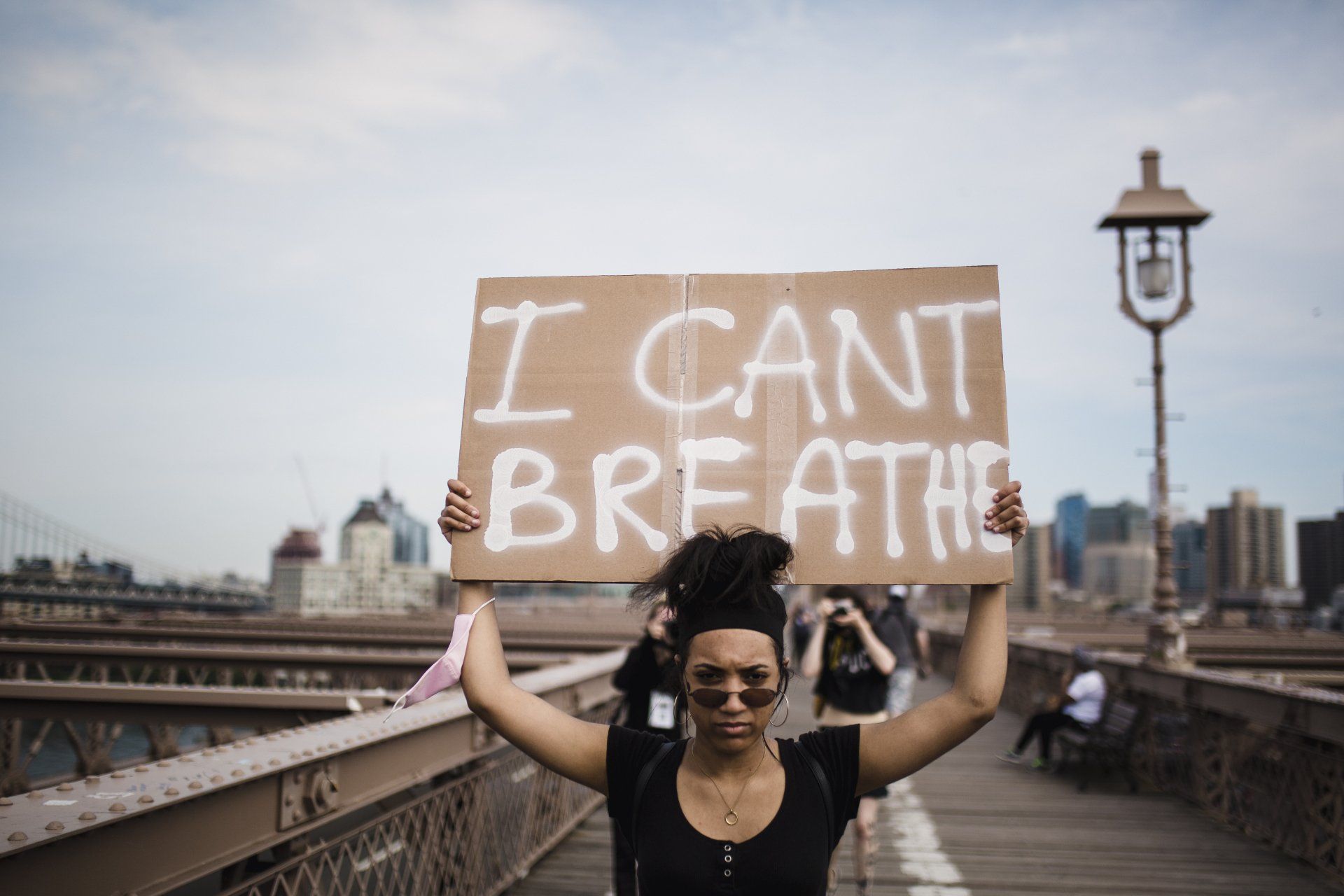You are facing a criminal charge. It’s a nightmare. You don’t want to go to trial as this is an expensive and lengthy option and there is no guarantee of winning. But you also do not want to plead guilty. You feel stuck and you don’t know what to do. In some cases, there could be a third option. This third option is rare but if available, it could be a very good solution to deal with the nightmare of facing a criminal charge. This third option is called “diversion”.
What is Diversion?
Diversion occurs when the Crown diverts the charge against you out of the criminal justice system: instead of dealing with your charge through the court process, the Crown will ask you to do some kind of contribution to society such as community service, a donation to charity, or to join a certain program. Once you’ve completed the diversion program as required, the charge against you will be “withdrawn” and you will not have a criminal record.
Why is it not always an option?
The reason why diversion is not always an option in criminal matters is because it is up to the Crown to decide whether or not your matter will be diverted (not your defence lawyer) and which diversion format you should be doing. Also, diversion is available in cases where the charge you are facing is a minor one such as mischief, fraud under, theft under,
etc . If you have a criminal record, it is unlikely that the Crown will want to offer you diversion.
When it is an option...
If however, diversion is an option in your case, the charge will not be withdrawn until you have fully completed the diversion program requested by the Crown.
Eligibility
It is also important for you to understand that in order for you to be accepted into a diversion program, you must be willing to accept responsibility for the wrong doing that occurred in the case. Diversion is not the same thing as pleading guilty, you will not be found guilty of an offence and you will not be sentenced, but you still need to take responsibility for the wrong that happened. Taking responsibility and showing responsible behaviour and acknowledging that some wrongdoing was made is not the same thing as admitting guilt.
If you refuse to take responsibility for the wrongdoing that occurred, you cannot be accepted into the diversion program.
Social Worker Interview
A social worker will interview you for the intake interview and will want to check a few things including whether you understand that what happened is wrong, you appreciate the costs to society of your actions, you have learnt your lesson.
The discussions you have with the social worker for diversion purposes are confidential and cannot be used against in court in criminal proceedings. So be frank and honest with the social worker who is interviewing you as ultimately, it is in your interest that the charge against you be diverted.
Becoming Eligible
Once you are eligible for diversion, your matter will be adjourned for a period of typically 3 to 4 weeks to complete the diversion requirement. Once the diversion program is successfully completed, you will return to court with a proof of completion of the diversion program and the charge against you will be withdrawn.
If the diversion format prescribed by the Crown is community service, you should try to to start your community service as soon as possible, because the sooner you’re finished, the sooner your charge(s) will be stayed or withdrawn.

About The Author
Maya Shukairy is a criminal defence lawyer based in Ottawa, Ontario. Before becoming a criminal defence lawyer, she worked in a Crown’s Office gaining experience working as a Crown prosecutor. Maya offers her services in English, French and Arabic. Shukairy Law has affordable rates and accepts Legal Aid certificates.
Find this post informative?
Share it with your friends and family.
CAUTION: the information on this page does not constitute legal advice and is NOT a substitute for legal advice. To obtain legal advice please refer to a lawyer. If you do not have a lawyer and you are seeking legal advice, you may contact us at (613) 670-5819.
Take a look at a few other posts...



